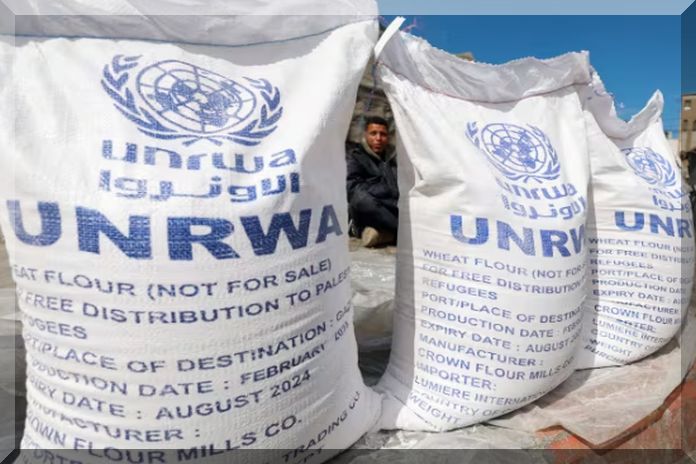GAZA CITY, Gaza – The UN Palestine refugee agency, UNRWA, launched a programme on Thursday to get boys and girls in the Gaza Strip back to learning – and to just being children – amid the ongoing conflict.
“This first step in a much longer road focuses on activities that will give children a refuge from the horrors they continue to live through,” Commissioner-General Philippe Lazzarini said in a post on the social media platform X, formerly Twitter.
He added that the children in Gaza “are going through unspeakable atrocities. They are living in trauma and shock due to 300 days of war, displacement, loss and pain. They witnessed what no child should witness.”

Play, learn and grow
Children make up half the population in Gaza, or more than one million people. They are “traumatised and shocked,” said Scott Anderson, UNRWA’s director in Gaza.
The Back to Learning programme was launched “to help children cope and just be children,” he said. “It will give them safe spaces to play, learn, grow, reunite with old friends and make new ones.”
The first phase will see an expansion of ongoing psychosocial support activities, focused on arts, music and sports, in addition to raising awareness on the risks of explosive ordnance.
The second phase will transition to include informal learning activities, with reading, writing and math lessons.
UNRWA plans to provide formal education for children in Gaza as soon as conditions permit.
“For this, Gaza urgently needs an immediate, durable ceasefire for the sake of children and their futures,” said Anderson.
Aid distribution hampered
Also on Thursday, the UN humanitarian affairs office, OCHA, warned that ongoing hostilities, repeated evacuation orders, access impediments and other challenges continue to hamper efforts to deliver aid in Gaza.
The World Food Programme (WFP) and other agencies are still unable to get enough food into and around the enclave due to the lack of border crossings, difficulty in getting authorisations for convoy movements and a lack of public order and safety.
More than 20 WFP food distribution points have been lost due to recent evacuation orders, and kitchens and bakeries have been forced to relocate.

Food rations reduced
Following evacuation orders issued last week in Khan Younis, WFP is distributing one food parcel per family, reaching about 8,000 so far.
“With increased needs and limited stocks, the agency is having to reduce rations to one parcel per family to ensure people get food to meet their most basic needs, but it is not enough,” OCHA said.
Additionally, only 12 of 18 bakeries in Gaza are operating, and those in middle areas only have enough fuel to last for a few days.
Despite the challenges, WFP was able to reach nearly 1.2 million people in July with food, wheat flour or hot meals, although rations were reduced and irregular.
Humanitarian partners also voiced concern over the destruction of the Canada reservoir in Rafah, which was blown up last week.
The reservoir has a holding capacity of some 3,000 cubic metres of water and until recently served thousands of displaced people sheltering in Rafah.
They warned, however, that its destruction could hinder the return of residents to Rafah and further push families to resort to drinking unsafe water, thus putting them at risk of dehydration, malnutrition and disease.





